
MICROCHIPPING
Microchipping your dog or cat when young
It’s the LAW in the State of Victoria
So many owners have been happily reunited with their wayward cats and dogs since the onset of microchipping.
Get them Chipped today at Casey’s newest state-of-the-art preventative vet clinic to avoid any unnecessary heartbreak.
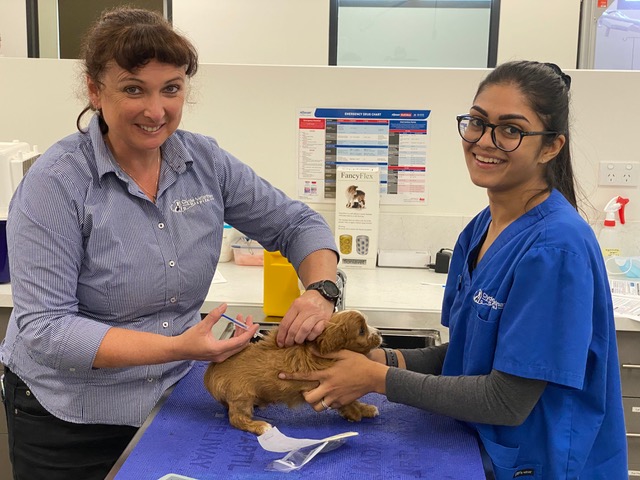
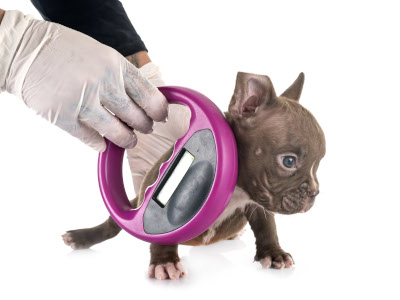
WHY CHOOSE

FOR MICROCHIPPING DOGS & CATS
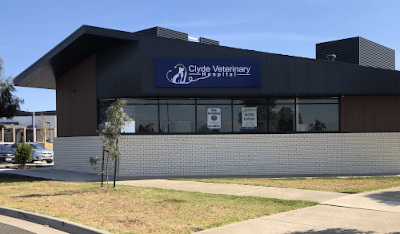
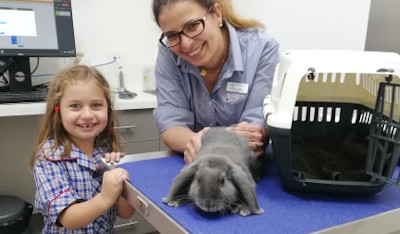
Clyde Veterinary Hospital is the City of Casey’s newest purpose-built standalone vet clinic, boasting all the latest creature comforts to ensure your precious fur babies come away from their microchipping appointment smiling like never before.
At Clyde Vet, we understand their trip to the vet can be an extremely stressful experience for our pets. That’s why we employ Adaptil and Feliway anti-stress medication diffusers in our dedicated dog and cat waiting areas and treatment rooms, to help keep even the most nervous of pets at ease.
We have experienced, caring vets and nurses on hand, adept at recongising and managing stress in pets. Our staff are also internationally certified as “gold standard” in caring for the particular unique needs of cats.
It’s the exceptional standard of animal care that keeps our furry friends keep returning to Clyde Vet time after time.
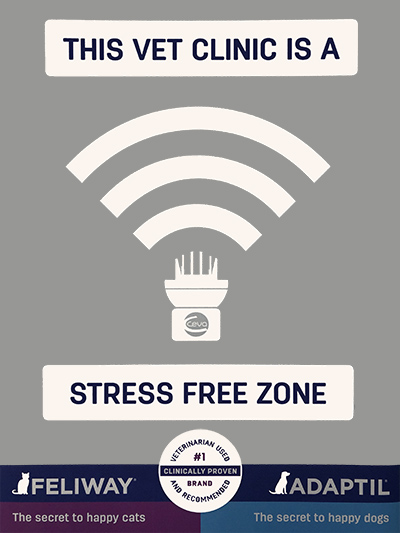

MICROCHIPPING DOGS
Microchipping of dogs and puppies is an extremely simple procedure wich involves the insertion of a needle to allow for the injection of a tiny microchip between the dog’s shoulder blades.
At worst, your dog may experience some temporary mild discomfort around the injection site after their microchipping, which is usually forgotten after a few treats.
Microchipping is a perfectly safe, long-term solution to ensure your dog can be tracked back to you if they are ever found straying. The microchip is completely inert, requires no battery and will last for the life of your dog.

MICROCHIPPING CATS
Just like their canine counterparts, having your cat microchipped is a simple and painless procedure, and your cat should only experience minimal temporary discomfort after the insertion of the chip.
Your cat’s microchip is completely inert, lasts for their entire lifetime, and requires no battery to function.
Microchipping for cats is a perfectly safe long term solution to ensure that if they ever stray, you have the best possible chance of getting them back home again safe and sound.

FINANCE AVAILABLE
Clyde Veterinary Hospital is a member of the VetPay network of clinics, meaning you have several easy and affordable payment plans available if you need them.
Visit the VetPay website for more information.
FAQ’s
- Do I Have to Get My New Cat or Dog Microchipped?
- At What Age are New Kittens and Puppies Required to be Microchipped?
- Can I Sell or Transfer Ownership of a Cat or Dog Without a Microchip?
- What Are The Benefits of Microchipping a Puppy or Kitten?
- Is Microchipping just for dogs and cats?
- How Long Does the Microchipping Process Take?
Yes, in the State of Victoria. Section 10C of the Domestic Animals Act 1994 requires cats and dogs to be microchipped as a condition of their registration. Registration of your new dog or cat with your local council is compulsory once your dog or cat is 3 months of age.
Section 10C of the Domestic Animals Act 1994 requires all cats and dogs to be microchipped as a condition of their compulsory registration,which must ocur before the dog or cat reaches 3 months of age.
If you’ve received a new kitten or puppy under 3 months into your care, and they are not yet microchipped, it is your responsibility to ensure your kitten or puppy is microchipped and registered with your local council before reaching that age.
Section 12A of the Domestic Animals Act 1994 requires domestic animal businesses to microchip dogs and cats prior to any sale/transfer of ownership. But it’s important to note this is ONLY a requirement of corporate entities, not private individuals.
However, the Act also requires all cat or dog owners to have their pets microchipped and registered with their local Council by 3 months of age, so all transfers of ownership of all but the youngest animals should involve a transfer of microchip number, otherwise the transferring owner is already in violation of the Act.
The Act also requires an animal’s microchip number to be displayed in any advertisement for the dog or cat, but not at the point of sale. If the seller is a ‘domestic animal business’ the breeder must display the microchip number or the breeder registration number, and the name of the issuing Council.
The most obvious benefit of microchipping your dog or cat is that in the event of an emergency where your pet strays from your home, or your cat possibly becomes injured or stuck during their regular neighbourhood wanderings, you can quickly and easily be reunited with them.
Microchipping can also benefit to your dog or cats health, in that being isolated in a strange environment at a shelter or pound can be an incredibly stressful event for them which can leave lasting psychological scars. Not to mention animal rescue organisations are routinely overwelmed by the demand for their service, especially in the event of natural disaster such as a bushfire.
When a series of deadly tornados tore across the US state of Oklahoma in 2013, microchips were critical in reuniting owners with their pets. Animals in temporary shelters were immediately scanned for microchips, and thanks to microchips an astonishing number of pets were reunited safely with their owners, and the strain on animal rescue organisations was nowhere near as long lasting as would ave been the case a decade or so earlier.
Not at all. Microchipping is only legally required for dogs and cats in the state of Victoria, but it can be performed on lots of different animals, including dogs, cats, ferrets, birds or even horses.
However, while we cater to most animals’ needs at Clyde Vet, please see a specialist equine veterinarian if you require your horse to be microchipped.
The microchipping process can be performed in literally seconds – as long as it takes to give your pet a single injection. In most cases, filling out the associated paperwork takes longer than the actual procedure.





